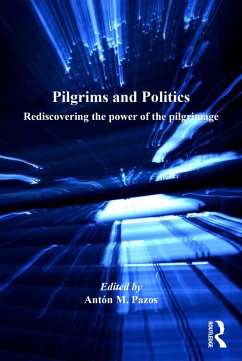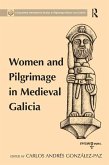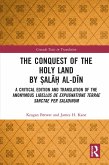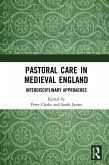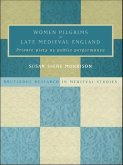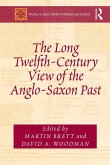The objective of this book is to analyse the historical relationships between the phenomenon of Christian pilgrimage and political power within Europe, from the Middle Ages up to the present day. It establishes a discussion in which the twelve contributors to the volume can compare very different situations, such as the medieval pilgrimages and politics in the Latin East as part of warfare and conflict resolution, the significance and reality of pilgrimages in late medieval England or in Rome during the papacy of Innocent III, the 'two-way traffic' pilgrimages in the Tuscan city of Lucca, or the pilgrimages in Eastern European countries as an aspect of opposition to communist power. A major focus is on the pilgrimages to Santiago de Compostela, an important Christian sanctuary from the time of the discovery of the tomb of the apostle St James in the 9th century. Topics covered include the Way of St James as seen through medieval Muslim sources, the political reading of the apostolic cult as an ideological instrument of the propaganda of the Asturian monarchy, Santa Maria de Roncesvalles as an example of political involvement in the assistance of the Jacobean pilgrims, the Order of St John as protector of the medieval pilgrims to Santiago de Compostela, or the nationalist use of the pilgrimages as an element of national unification and internal cohesion during the Spanish Civil War. The final chapter provides a broader, global perspective on pilgrimages up to present times.
Dieser Download kann aus rechtlichen Gründen nur mit Rechnungsadresse in A, B, BG, CY, CZ, D, DK, EW, E, FIN, F, GR, HR, H, IRL, I, LT, L, LR, M, NL, PL, P, R, S, SLO, SK ausgeliefert werden.

